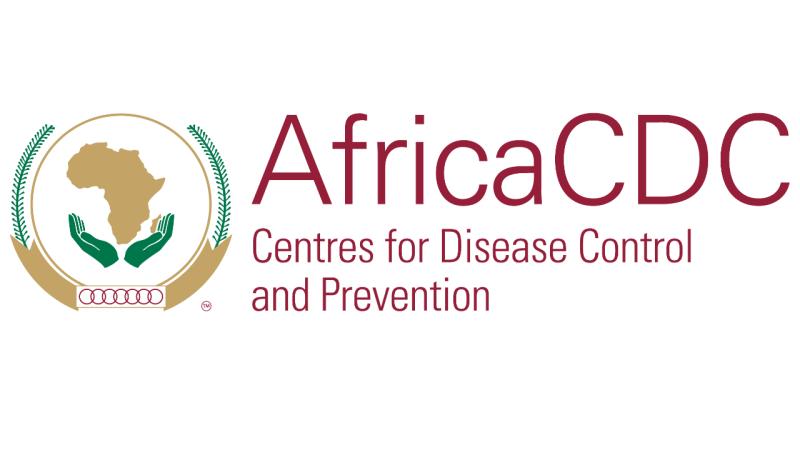By Iyemah David
The Africa Centres for Disease Control and Prevention (Africa CDC) said it is strengthening political commitment, local financing, and preventive vaccination strategies to improve outbreak response across the African continent.
Professor Yap Boum, Deputy Incident Manager at Africa CDC, disclosed this during a virtual press briefing, stating that the agency now operated at political, strategic, and operational levels to support member states.
He explained that Africa CDC worked with ministries of health, finance, planning, water, and environment to adopt a One Health approach, ensuring cross-sector coordination and accountability in outbreak preparedness.
Prof. Boum noted that the newly established Africa Epidemic Fund would allow rapid continental response before external help arrives, while promoting local resource mobilisation and financial transparency during health emergencies.
He said more than 15 technical experts had been recruited to assist member countries in health financing, accountability, and resource audits to ensure transparent use of emergency funds and vaccine delivery.
On vaccination, he said that Africa CDC was finalising plans to vaccinate 1.7 million people against Ebola, with the Democratic Republic of Congo (DRC) leading the preparations and implementation strategies.
“Africa CDC will support preventive vaccination in high-risk hotspots once national plans are finalised. Frontline workers and vulnerable communities are the primary focus,” Boum said.
He added that neighbouring countries, such as Angola and Guinea, which had experienced previous outbreaks, would also benefit from the preventive vaccination plan to avoid future public health crises.
Dr Kyeng Mercy, of the CDC’s Surveillance and Disease Intelligence Unit, said Africa had learned key lessons from COVID-19 and Mpox, improving coordination and cross-border epidemic surveillance systems continent-wide.
She said a top priority was proactive event-based surveillance, leveraging a One Health model to detect and prevent spill-overs from animals or environment into human communities before crises escalate.
Dr Mercy said Africa CDC was working toward deploying two million community health workers by 2030, to support grassroots vaccination, surveillance, and risk communication endorsed by African Union Heads of State.
“During the Mpox outbreak, these workers helped drive vaccine uptake and trust. We aim to integrate them permanently into national health systems,” she said.
She added that Africa CDC was pushing for local vaccine manufacturing and essential medical supplies to reduce dependency on imports and ensure equitable, sustainable access to lifesaving health commodities.
Mercy also highlighted innovations like Star-link satellite technology, which was being used in remote areas to enhance real-time data reporting and communication during outbreak responses in regions lacking internet infrastructure.




